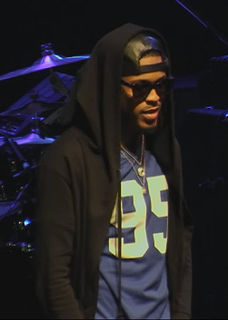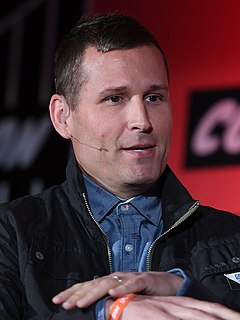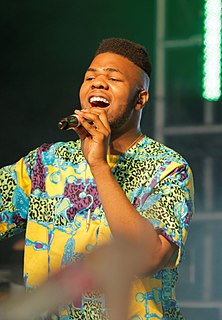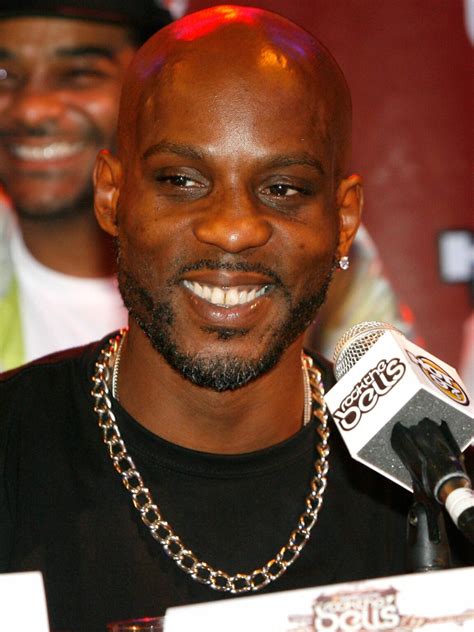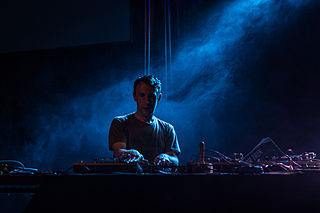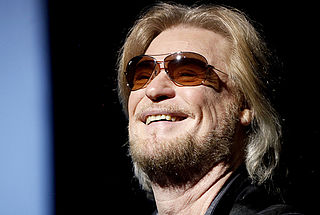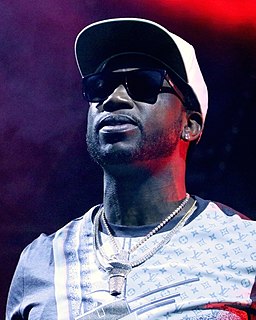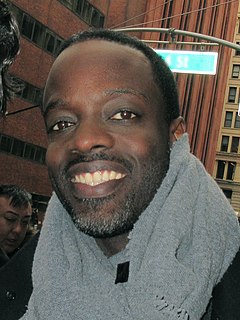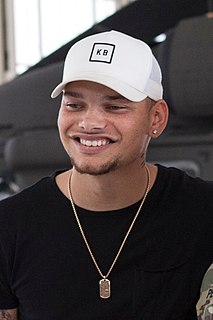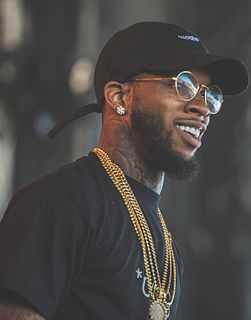A Quote by August Alsina
I feel like I don't fit in. There's not a lot of outlets for urban music, for black artists who don't have that crossover thing going early on.
Related Quotes
I love everything black, because black is cool. When something crosses over, people are like, "Oh, this is a crossover." First of all, there is no urban anymore. Pop culture is black. White kids are dressing like black kids. It's all crossed the lines now. The way I understand it is, everything black is cool. When it crosses over to white, that means it's going from cool to uncool. That's what crossover is.
I'm 13 to 17, 18 years old; I thought that's what the world was like. It never occurred to me that this was a very unusual period in music history. So I went on assuming that one day I'm going to have my band like my heroes had their own band. So people ask me this question all the time - they go, "Bass is basically a background instrument." The other thing is that in urban music, Black music, the bass has a much higher profile.
I wanted to make sure the focus [in The Land] was on human beings themselves and their decisions, but still connected to the urban environment that people associate as being black. I think I was able to make a film without commenting on "black this or black that" and you still feel the presence of it. There's no one character who's saying "we're all black and we're all in this struggle." It's that you just feel it. Some of that is because we get the sense from a lot of independent films that black people struggle all the time.
Some cultures don't have a separate word for music and dance. To my knowledge, this notion of listening to music without dancing is a Western creation. I can't think of any artist that I love that doesn't inspire movement in some form or another. I guess Tangerine Dream or early Vangelis or something like that, you're not really going to dance. But on the whole, I feel like dancing and music are so naturally intertwined. I feel like subconsciously, that's the goal whenever I'm working on music. It's kind of the defining thing: Does it got some funk to it, basically?
White artists have made millions of dollars off music they stole from black artists. I don't blame all the white artists. I'm a huge Stevie Ray Vaughn fan, and he was always very gracious about where he learned his music. But a lot of the time, you'd think the white guys thought it up. Hey, hasn't anyone heard of Muddy Waters?
People always say, 'There are plenty of black country artists out there! There is Charley Pride! Darius Rucker!' That's all they can name. They don't understand what we go through, and a lot of people who are fans of traditional country music, as they call it, look at us and aren't going to say, 'Y'all like country music.'
I literally make music for my wife and my friends. I don't feel beholden to my fans. I don't even really know who they are. But, I know that this whole thing started with me making stuff that I got off on, and I've gotta believe that that's how it's going to end, too. That's the only way it can go. There are a lot of artists who have gotten pretty caught up in that. That's why I like the defeatist attitude. Just assume that no one is going to like it and that no one cares, and you'll end up making something that you really like.
